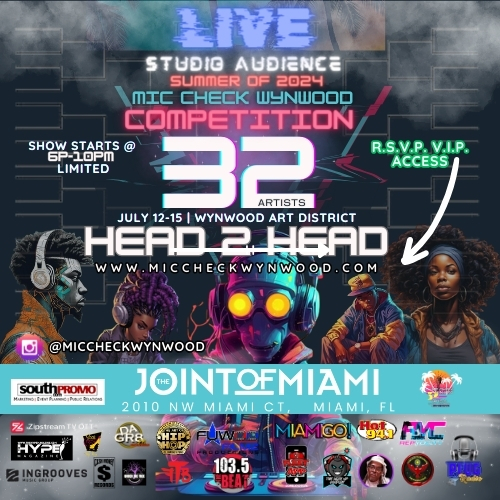What Happened to Rockstar Status Programmers in Gaming?
Source: Pixabay
Gaming might be considered a bit geeky to some, but it’s a massive industry and those at the top not only gain the affections of millions but make millions of dollars. For example, Alfonso John Romero, known simply as John Romero, is an icon in gaming. The man behind hits such as Wolfenstein 3D, Quake, and, of course, Doom, is as outspoken as he’s adored. He made the games he wanted to make. He believed that “logic-based creativity” was the key to innovation in gaming. He felt that, despite differing opinions, programming is an “extremely creative profession.”
Romero has championed the artistry of gaming, but he’s also made a lot of money doing it. By any other measure, he’s a rockstar. Of course, he’s not alone. Developers such as Gabe Newell, the man behind Half-Life, Mario mastermind Miyamoto, and Nintendo’s Satoru Iwata are all big names in gaming. However, it seems the days of rockstar developers with larger-than-life personas are slowly fading. Why? Like all things, there isn’t a single reason.
Games Are Multifaceted Beasts
There’s no doubt gaming brands have moved more into the spotlight in recent years. Even though hardcore gaming fans might dig into the details, most people associate hits such as Red Dead Redemption and Grand Theft Auto with Rockstar Games, rather than individual programmers and designers. In fact, you can scroll through a library of action RPG games from any leading publisher and not necessarily know who the programmers were. What you’ll see instead are survival-themed offerings, MMORPGs, and 5v5 mechanistic battles that are popular because of the gameplay they offer and the brand they came from. Put simply, a lot of major brands have enough notoriety that they can attract the same cult-like status individual programmers like Romero achieved in the late nineties and early noughties.
There isn’t room for one person to stand ahead of all others and steal the spotlight. Gaming, as an industry, is bigger than ever and there are more moving parts than before. This means two things. Firstly, companies dominate and overshadow individual personalities. Secondly, modern video games are so complex that they’re a team effort. Yes, Romero et al had help back in the day, but their teams pale in comparison to the vast networks of people working on modern games. In this regard, no single person is responsible for a game anymore.
Money Makes Programmers Rockstars
Then there’s the issue of money. Programmers very rarely get to take the lead anymore. When Romero was coding, it was his vision. Today, visions tend to come from executives and creative directors. Programmers are simply there to program. This limits the amount of influence they can have on a game which, in turn, limits the amount of money they can make. What’s more, if you go to any game development subreddit, you’ll see threads advising against a career in the industry. Why? Because programmers can make more money in the business sector.
Gaming companies aren’t paying enough at the bottom end to nurture new talent, which is another reason there aren’t as many rockstars. Of course, there are some. Philippe Poisson is still under 40 and his willingness to experiment has made him a famous figure in gaming. However, his kind is fading. Corporations are still putting out great games and players probably won’t suffer too much. But the death of rockstar programmers is a sign that gaming has lost some of its indie vibes and that’s something many people will mourn.
Tweet



































